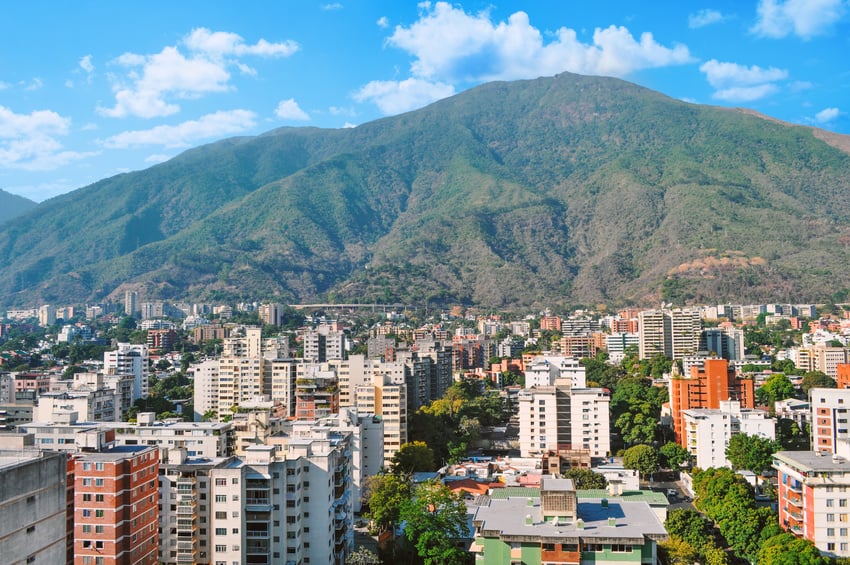In brief
The National Executive issued Decree No. 4,683 on 1 May 2022 (“Decree“),1 which establishes exemptions from the payment of value-added tax (VAT),2 customs duties3 and customs service tariff for imports of various goods and merchandise in certain economic sectors.
The Decree entered into force on 1 May 2022 and will apply the exemption benefits until 31 December 2022.4
In detail
The most relevant aspects of the Decree are:
- Exemptions
- The Decree establishes exemptions from import tax and VAT for certain imports classified in the tariff codes listed in Appendix I of the Decree. There are 2,119 tariff codes in Appendix I (view here). The Decree establishes that this tax benefit fully operates.
- The Decree establishes exemptions from import tax, VAT (including VAT applicable to domestic sales) and rate for determination of the customs regime and any other applicable tax, for certain imports by organs and entities of the National Public Administration that are intended to prevent the spread of the coronavirus (COVID-19). These goods are classified in the tariff codes listed in Appendix II of the Decree as well as in the terms and conditions of the ‘Exemption Official Letter’ issued by the Integrated Customs and Tax Administration Service (SENIAT). There are 721 tariff codes in Appendix II (view here).
- The Decree establishes exemptions from import tax and VAT for certain imports classified in Appendix III of the Decree. These exemptions require a ‘Certificate of National Production or Insufficient National Production (CNP or CPNI)’, issued by the Ministry for Industries and National Production. There are 383 tariff codes in Appendix III (view here).
- Filing of requirements for exemption
The filing requirements for the exemptions established in the Decree are the same as those established in Decree No. 4,619.5
- Loss of exemption benefit
- In cases of noncompliance with any of the conditions established in the Decree, imports intended to benefit from the exemptions will be taxed without prejudice to any corresponding sanctions under the Organic Tax Code and the Organic Customs Law.
- Importers may lose exemption benefits if they do not comply with: (i) the required periodic evaluation in accordance with the VAT Law (Article 66) and within the parameters determined by SENIAT; and (ii) obligations established in the Organic Tax Code and Organic Customs Law.
- Unlike Decree No. 4,604, this Decree does not provide for the loss of the exemption benefit for failure to make a customs declaration for the merchandise in any of the cases sanctioned in accordance with Article 177 of the Constituent Decree, whereby the Organic Law of Customs is established.6
To access the Spanish version click here.
1 Decree No. 4.683 (Official Gazette No. 6,697 of 1 May 2022).
2 The tax whose tax base is the customs value of the goods, plus taxes, surcharges, countervailing duties, anti-dumping duties, default interest and other expenses caused by the importation, in accordance with the provisions of articles 21 and 27 of the Decree with Rank, Value and Force of Law that establishes the VAT.
3 The ad valorem rate indicated in column 3 or 4 of Article 37 of Decree No. 2,647 of 30 December 2016 (Official Gazette No. 6,281 of 30 December 2016), through which it promulgated the Customs Tariff, partially modified by Decree No. 4,111 dated 5 February 2020 (Official Gazette No. 6,510 of 5 February 2020) and Decree No. 4,684 of 2 May 2022 (Official Gazette No. 6,698 of 2 May 2022).
4 The maximum duration of the exemption benefit will be one year. Once the exoneration term has expired, the Executive Branch may renew it for up to the maximum term provided for in this article (Article 75, Organic Tax Code).
5 Decree No. 4,619 (Official Gazette No. 6.625 of 1 June 2021).
6 This article establishes fines when the merchandise does not correspond to the declared tariff classification, the declared value does not correspond to the customs value, and the merchandise does not correspond to the declared decimal metric system units.





